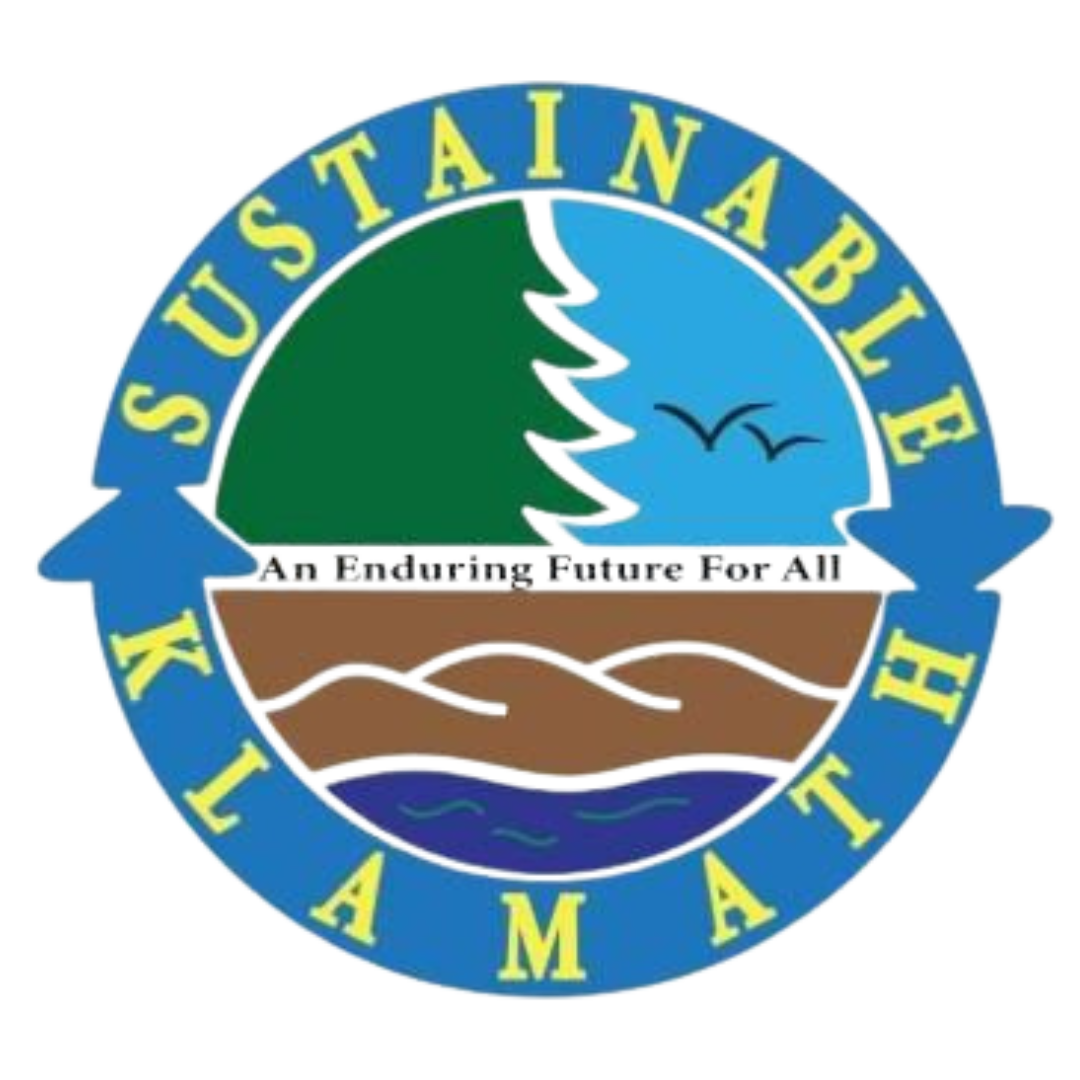by Alissa Oliverson (SWAC Chair), May 2021
Trash Talk Series from Sustainable Klamath, Solid Waste Action Committee (SWAC)
Composting is a natural and effective way to reduce greenhouse gas emissions, improve the quality of our soil and food, and it is an easy way to care for our planet every day.
Global climate change can be an overwhelming topic to tackle in your home, and rightly so. It is a multifaceted issue with many complicating factors, and no single household can possibly offer an end-all solution. But when we are faced with the frustration of what can seem like a futile effort, it is important to remember that even small lifestyle changes can have large impacts. One of the smallest changes we can make in our daily lives is composting, and this small change comes with a laundry list of positive impacts.
Composting is a natural process by which any organic material, such as food waste or lawn trimmings, is broken down by naturally occurring bacteria and fungus in the soil. The result of this breakdown process is compost: a nutrient-rich soil amendment that looks a lot like soil itself.
Composting saves landfill space. As much as 60% of all garbage is non-recyclable paper, food and yard waste. When these items are sent to a landfill, they take up valuable space – not to mention the wasted resources in transporting them. When we reduce the amount of these items in the waste stream and compost them instead, we can save money and conserve natural resources.
Composting reduces greenhouse gas emissions. When food waste is trapped in a landfill it produces methane, a greenhouse gas that is even more potent than carbon dioxide. Some landfills, like the Dry Creek Landfill in White City have the technology to capture this gas and use it for other purposes, but not all landfills are created equal. So, the best way to reduce methane gas emissions into our atmosphere is to stop them at the source by composting food waste in the first place.
Composting improves soil structure and supports sustainable agriculture. Good soil structure means that air and water can come and go easily while there is always enough to meet the needs of organisms and plants. As an entire ecosystem, compost aggregates soil, binding it together where it needs to be bound and conditioned to retain or expel air and water as necessary, reduce erosion and runoff, maintain healthy pH levels, and retain nutrients. These ideal conditions also encourage the sequestration of carbon, pulling it into the soil so that it doesn’t escape into the atmosphere and add to greenhouse gas emissions. Soil that is healthy and rich in nutrients reduces the need for chemical fertilizers, pesticides and herbicides, which supports sustainable agriculture by expanding the Earth’s natural resource base and improving soil fertility.
Compost supports water conservation by allowing soil to better retain water, it helps plants grow healthier year after year without the use of chemical fertilizers that are used to make up for dying, unhealthy soil, and it reduces our dependency of fossil fuels, which are used to make chemical fertilizers. Composting can be done effectively almost anywhere, even in apartments or other shared living spaces that do not have yard space.
For all these and many other reasons, composting at home is a great practice that can give you a well-deserved sense of pride in your contribution to supporting the health of our planet. The infographic provided here by PBS will give you all the information you need to get started, and it may be easier than you ever thought. Give it a try. And if you need further assistance, remember to visit SustainableKlamath.org for more information and additional support in your sustainability efforts.

Leave a Reply